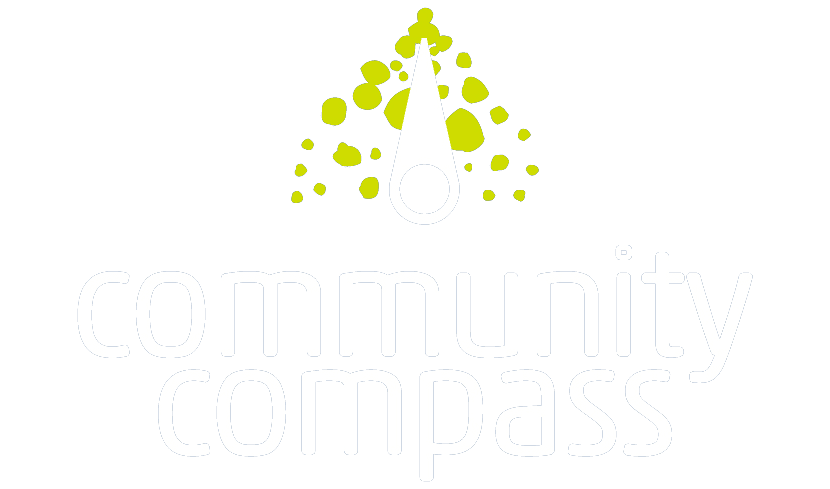Community Bookkeeping
Bookkeeping and payroll made easy for not-for-profit organisations
Our community bookkeeping program offers short or long-term customised bookkeeping services to not-for-profit organisations at affordable hourly rates.
A key benefit to your organisation is that you can trust in a consistent level of service because you only need to deal with us and do away with the issues associated with contracting independent and various community bookkeepers.
Our specialised team of qualified BAS Agent Community Bookkeepers and Accountants are skilled in XERO, MYOB and other accounting software requirements. The team is kept updated of any practice or legislative changes for the not-for-profit Community Sector.
Our customers can expect their needs to be addressed with an individual service plan.
Services include:
- Set-up of computer accounting systems
- Adjustment of Chart of Accounts to the new requirements
- Set-up job numbers for ease of reporting from multi-funding streams
- Weekly/Monthly/Quarterly invoice and payment processing
- Set-up of budget figures in computerised accounting programs for ease of performance monitoring
- Recording of actual vs. budget figures for analysis of variance
- BAS/GST reconciliation and processing
- Reconciliation processes and timely reporting
- Payroll set-up and adjustments
Community Compass holds organisational memberships with key industry peak bodies.
Our trainers are qualified and experienced industry subject matter experts. Where relevant our trainers must hold qualifications and maintain approved industry continuing professional development (CPD) programs. Our trainers’ current memberships include, Certified Practicing Accountants, (CPA), Australian Institute of Company Director (AICD), the Institute of Certified Bookkeepers, Governance Institute Australia, and the Governance Risk Compliance Institute of Australia.

